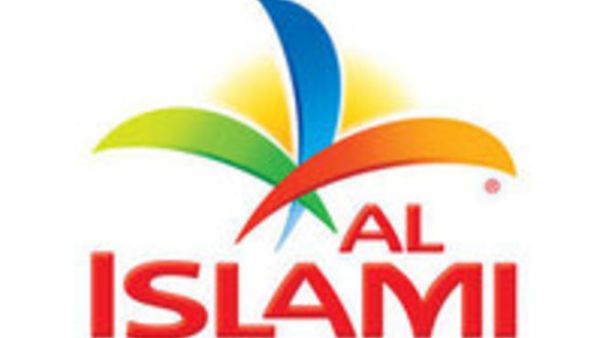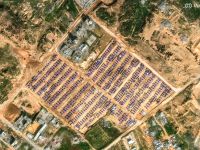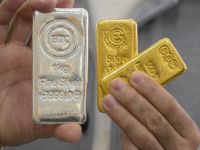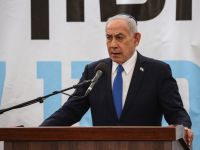Al Islami, CNBC Arabia jointly organize Halal Market Forum 2011

What are the current trends, issues and future of halal food marketof US$ 651.5 billion? Speakers from geographically strategic regions discuss at a live forum jointly organised by Al Islami and CNBC Arabia TV, Dubai Media City at the conclusion of channel’s Ramadan programming.
The industry experts who were invited to the forum include: Hamid Badawi, Deputy Chief Executive Officer of Al Islami Foods, Alaa Kamal, Head of Sales and Marketing of Midamar Middle East, a US based Halal food producer and Wahid Kandil, General Manager of Prairie Halal Foods Middle East, a Canada based halal food producer.
The speakersagreed that the immediate potentials for investors of halal food marketare in acquiring high net worth halal food producers, slaughterhouses,ingredients production, halal livestock, halal raw meat andhalal industrial parks.
On the question about the beginning of Halal concept, what promptedthe concept to come out to the global scene was a controversial article published in aUAE Arabic newspaper claiming pork as halal back in 1981, which triggered a debate in the food industry. That stirred the founder of Al Islami, Hajj Saeed Lootah, who took on a mission to educate the public about the difference between Halal and Haram that pioneered the growth of Halal concept.
Hamid Badawi, Deputy CEO of Al Islami Foods, while commenting on the fast growth of the market, said: “From the business point of view, halal has some major health and business benefits. That is why the market isdeveloping. Attractive growthnumbers are grabbing attention of investors”.
“A Global Halal Standard and Global Halal Certification”, Hamid asserted, “is a key to resolve the sensitive issues faced by the industry, otherwise the market will remain fragmented and in regional hubs”.
Legislations for Halal certification vary from one Islamic school of thought, called Madhabin Arabic, to another one. Each school of thought and country has its own legislations for Halal certification.
Malaysia is one of the key players in global Halal sector, the others being Australia, Brazil, Thailand, Indonesia, Brunei. China, France and Japan have plans to enter soon. Currently,market is in its natural evolution process. However, regions and countries differ on Shariah rules of Standards and Certifications. Currently halal market is in the brain-storming phase of developing Common Halal Standard and Common Halal Certification that are acceptable to all four Madahib of Islamic world.
In recent developments, the halal industry has diversified into Halal industrial parksand Halal marketing. The Halal park is the Halal supply chain andlogistics, ports and shipping part of the industry. Halal parks are being developed in partnership with private sector as well as regional development authorities of Malaysia, the UK, the EU, Brazil and other OIC countries. Later, these parks will be linked with regional and international halal parks. Each park will be connected with local livestock farms, enterprise community and the local authorities.
These services Halal parks are providing include: Strong support from local government, Developed Infrastructure, Vibrant Business Environment for local and foreign Investors, Educated and skilled workforce, Accessible to wide range of Halal finance,Islamic banking and Takaful insurance facilities, Availability of Research and Development Facilities, Institution of higher Learning through strategic partnership, Halal Logistics links – Land, Sea and Air.
Lately, SAMI, the world’s first Halal Food Index was launched in Kuala Lumpur, Malaysia.It is considered a significant development in the Halal industry.It translates asubstantialinvesting platform is being developed.
Background Information
Al Islami Foods
Established as "Co-Op Islami" in 1981 to cater to the growing demand for halal food in the Arab world, Al Islami Foods was formed as a result of the long relentless efforts commenced in the early seventies when Hajj Saeed Bin Ahmad Lootah instituted Dubai Co-operative Society.
Starting with its successful frozen chicken product line, Co-Op Islami further expanded its operations to include processed meat.
In 1991, Dubai Co-operative Society's efforts were culminated by establishing its "Co-Op Islami" meat processing plant in Jebel Ali Free Zone. This plant is considered a recognizable breakthrough as it became the highly active producer of a variety of food products under the name "Co-Op Islami".
In 2006, Co-Op Islami was re-launched as "Al Islami" in an effort to propel the company to new heights of success. Now, Al Islami products are considered as a quality benchmark trusted by consumers across the UAE and the GCC, and this has made it one of the best and most preferred brands in the region.






